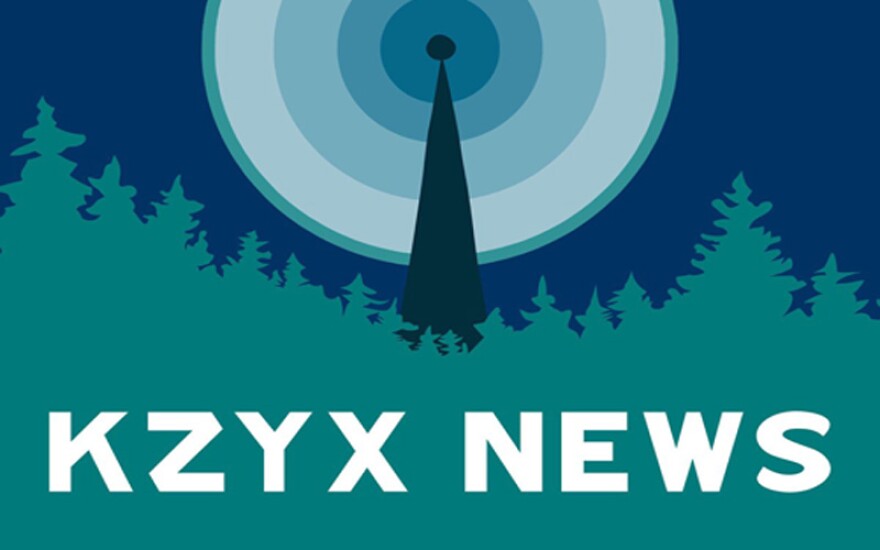June 24, 2025 - Proposed federal funding cuts to public broadcasting are raising concerns among local news outlets, particularly those like KZYX, operating in rural and underserved communities. While the focus of these cuts often centers on national entities like NPR and PBS, their ripple effect could significantly diminish local journalism, impacting communities' access to crucial information.
Currently, the Corporation for Public Broadcasting (CPB) acts as a vital conduit, distributing federal funds to over 1,500 locally owned public radio and television stations across the nation. For many of these stations, especially in remote areas where local media landscapes are already shrinking, CPB grants represent a significant portion of their operating budgets. For KZYX this is 25% of the budget, or $174,000.
A recent executive order and a House-approved rescissions package targeting public media funding have ignited a debate over the role of federal support in independent journalism. Critics of the cuts argue that such measures would undermine the ability of local stations to provide essential services, from emergency alerts and educational resources to in-depth reporting on local affairs.
"The elimination of federal funding would be a significant blow to nearly 900 public radio stations," stated a spokesperson for NPR, emphasizing the potential for diminished capacity to deliver high-quality local, national, and international news. They further warned that rural and economically distressed communities could lose access to programming altogether if their stations are forced off the air.
Should the proposed cuts take full effect, local stations face difficult choices, including reducing their newsroom staff, cutting back on local programming, or even shutting down. This could lead to an expansion of "news deserts," leaving residents without reliable, on-the-ground reporting on issues that directly affect their daily lives.


